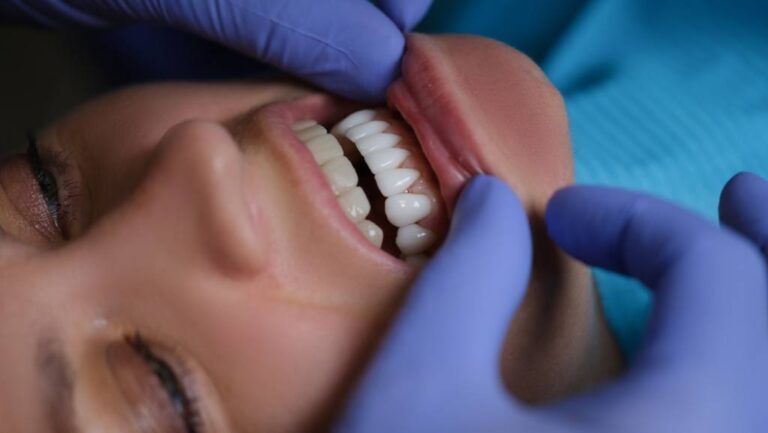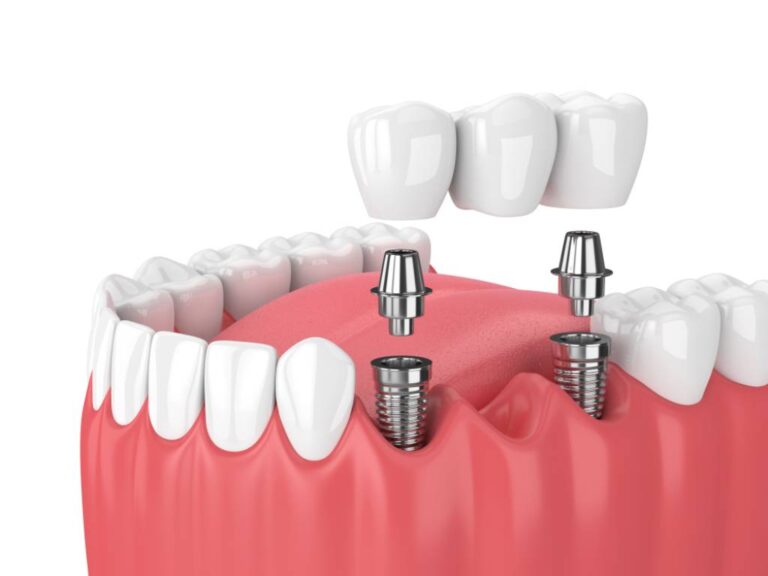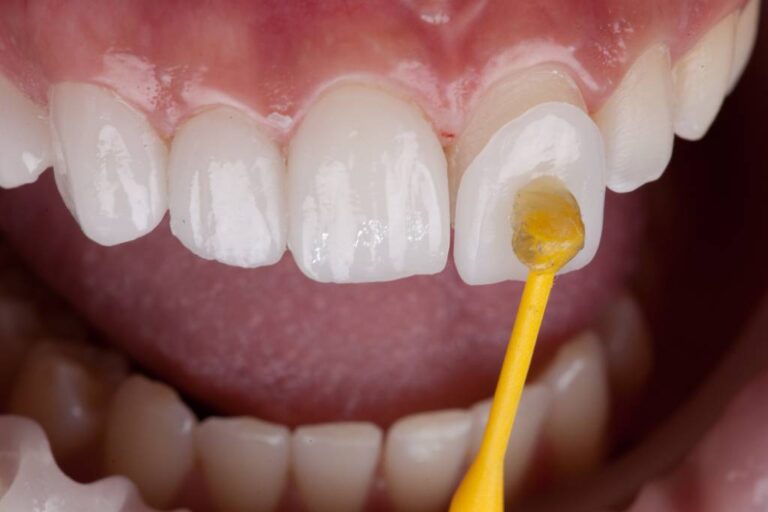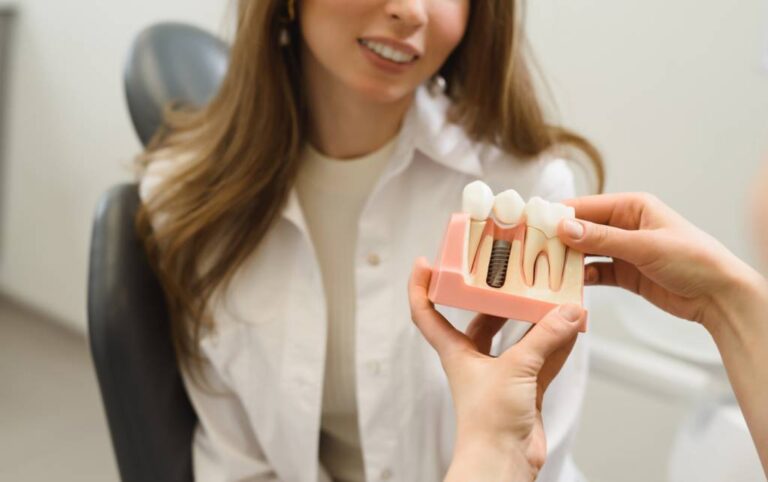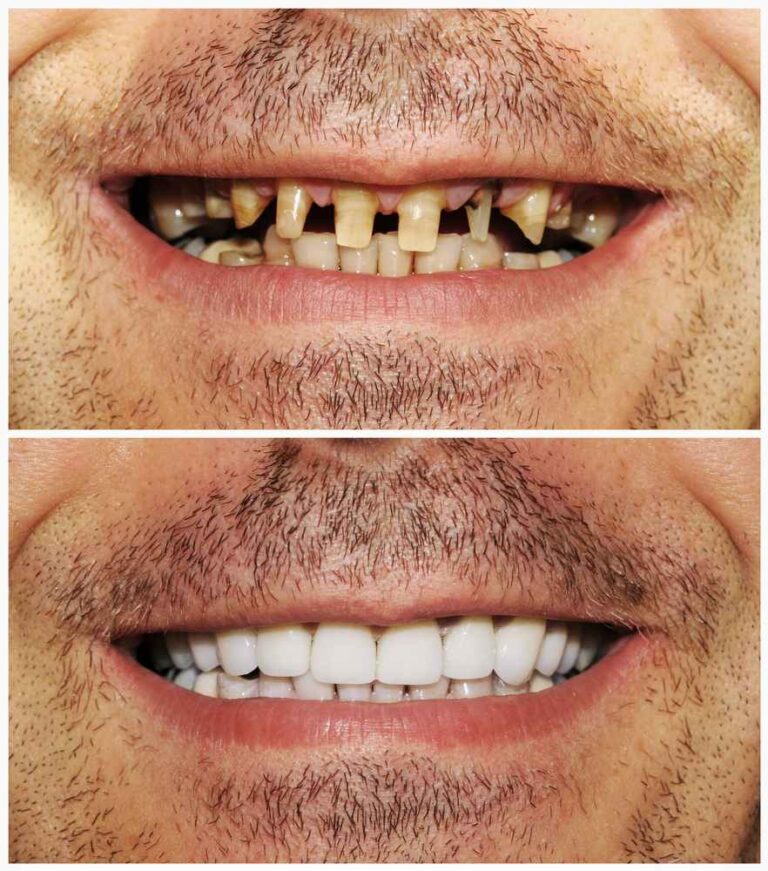Ceramic vs Titanium Dental Implants: Which is Better?
Dental implants are often the best long-term solution when it comes to replacing a missing tooth. Implants fuse with the jawbone, providing sturdy support for replacement teeth.
Two common materials for dental implants are titanium vs ceramic, but are ceramic implants better than titanium? There are good arguments on both sides.
What are Ceramic Implants?
Ceramic implants are made from zirconia, a very durable material that is colored to match natural tooth shades.
Zirconia is more aesthetically pleasing than dark gray titanium metal. Ceramic implants integrate well with bone and don’t cause health issues that some report with metal implants. The material is also more resistant to bacterial buildup that leads to peri-implantitis.
What are Titanium Implants?
Titanium implants have been used successfully for decades. This tried and true metal fuses excellently with living bone in osseointegration.
The dark color under the gum line isn’t visible. Its strength is ideal for supporting crowns, bridges, and dentures. Titanium also tends to be more affordable than ceramic options.
Titanium vs Ceramic Dental Implants: Choosing One
Ceramic and titanium dental implants have high success rates, exceeding 90 percent over decades of service. Your dentist can advise on the best choice, considering individual risk factors.
Those with metal allergies may opt for inert ceramic zirconia. For smokers or people taking medications that affect healing, titanium remains the strongly preferred standard.
Ceramic vs Titanium Dental Implants Cost Comparison
Titanium implants tend to range from $800-$2,500 per implant. Simple single ceramic implants run $1,000-$3,000. More complex cases and restorative work can cost more.
While ceramics have a higher upfront price, they may result in better long-term dental health. Your insurance may offset costs, too. Shop around, as prices can vary significantly between dentists.
Ceramic vs Titanium Dental Implants: Pros and Cons
When deciding if ceramic implants are better than titanium, weighing out the pros and cons of each can help you make an informed decision. These are the pros and cons of ceramic vs titanium dental implants.
Ceramic Implant Pros
- Natural tooth-colored
- Resists plaque buildup
- Bioinert and non-metal
- Strong and durable
- May last longer than titanium
Ceramic Implant Cons
- Higher upfront cost
- Risk of fracture is higher
- Can wear down opposing teeth
Titanium Implant Pros
- Long successful history
- Readily fuses with the bone
- Lower upfront cost
- Withstands high biting forces
Titanium Implant Cons
- Dark gray color under gums
- More plaque sticks to the surface
- Small risk of metal sensitivity
- Can conduct heat and cold
Ceramic vs Titanium Implants: Healing Process
The healing process is very similar for ceramic and titanium implants. Both materials integrate with the surrounding bone through osseointegration. It takes 3-6 months for complete fusion and healing to occur before crowns or bridges are placed.
Patients should expect mild swelling, bruising, and discomfort for about a week after surgery. Follow all post-op care instructions carefully. Both implant types can last for decades with appropriate healing time and good oral care.
Ceramic Dental Implants vs Titanium: FAQs
How long do ceramic implants last compared to titanium?
Some evidence shows high-quality ceramic implants lasting over 25 years. More data is needed over time, but ceramic longevity meets or exceeds that of titanium.
Do ceramic or titanium implants require special care?
Both options need diligent at-home hygiene and regular dental cleanings. Smoking, grinding teeth, poor cleaning, and health conditions can increase complications. Follow all dentist recommendations for your implants.
Are there options besides 100% ceramic or titanium implants?
Some newer implants feature titanium bases with ceramic collars to aid aesthetics. These are costlier but offer a versatile hybrid alternative. Discuss all options with your dentist.
Can ceramic implants support bridges or dentures if I need multiple teeth replaced?
Yes, zirconia ceramic implants can securely support bridges, full-arch bridges, and overdentures to replace multiple missing teeth in one or both jaws. The material is solid and durable.
I have a metal allergy — can I still get titanium implants that are under the gums?
Titanium allergies are very rare, but ceramic provides a completely metal-free alternative for those with other confirmed metal allergies that avoids any risk of reaction.
Conclusion
Ceramic and titanium implants can both safely provide long-term tooth replacement with excellent outcomes.
Consider unique risk factors, aesthetic demands, and cost differences when deciding on the ideal restoration plan for your needs and budget with your dentist. Proper care also ensures the longest lifespan from dental implants.
If you are considering ceramic vs titanium dental implants but are still deciding which option is best for you, learn more about dental implants here! You can also contact us today to set up a consultation.

